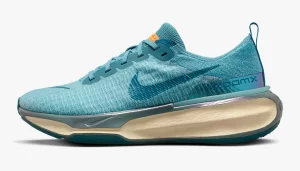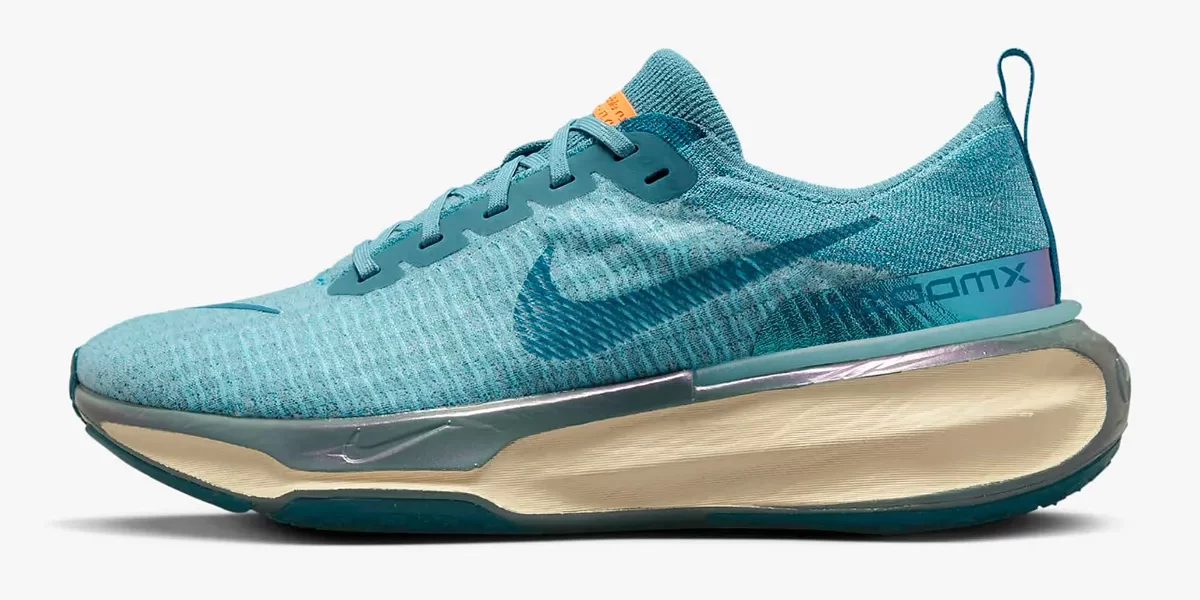
At The Running Event, leading brands showcased their latest “super shoe” models, including Puma’s Fast-R Nitro Elite 2, which features a PowerPlate for longer and more powerful steps. The Fast-R Nitro Elite 2, set to retail for $260, is considered the most propulsive shoe on the market. New Balance unveiled the FuelCell SuperComp Pacer v2, a race-ready shoe with Pebax foam midsoles and carbon fiber plates, and Nike’s Alphafly 3, a 15 percent lighter shoe designed for stability and comfort, to be released in January. The “super shoe” movement began in October 2019, with Eliud Kipchoge breaking the 2-hour marathon distance barrier in the Nike Air Zoom Alphafly Next%. This year’s marathon season has seen world records set by Tigist Assefa and Kiptum in the Adizero Adios Pro Evo 1.
Specialty run retailers are focusing on super shoes as a crucial element of their businesses, but the pace of new releases has slowed. Heartbreak Hill Running Co., co-owner of Heartbreak Hill, focuses on athletes, with national coaching initiatives and high-level training sessions for everyday athletes. Palmetto Running Co., co-owner of Palmetto Running Co., has a different customer base, with their core customer being more of an everyday runner or active lifestyle person.
Investing heavily in super shoes may not make sense for all sports brands, as brands need to consider their bottom line and authentically invest resources. Super shoes serve as a laboratory for brands to experiment with new technologies and learn about what people want and what performs best.
Industry analysts believe brands could benefit from increased focus on innovation, as Nike has addressed its focus on innovation in running. The company plans to reveal new footwear products ahead of the 2024 Summer Olympics in Paris and will focus on its innovations in Air, both in performance and lifestyle, with the 10th anniversary of Air Max Day and the Paris Olympics.
Source: Footwear News




